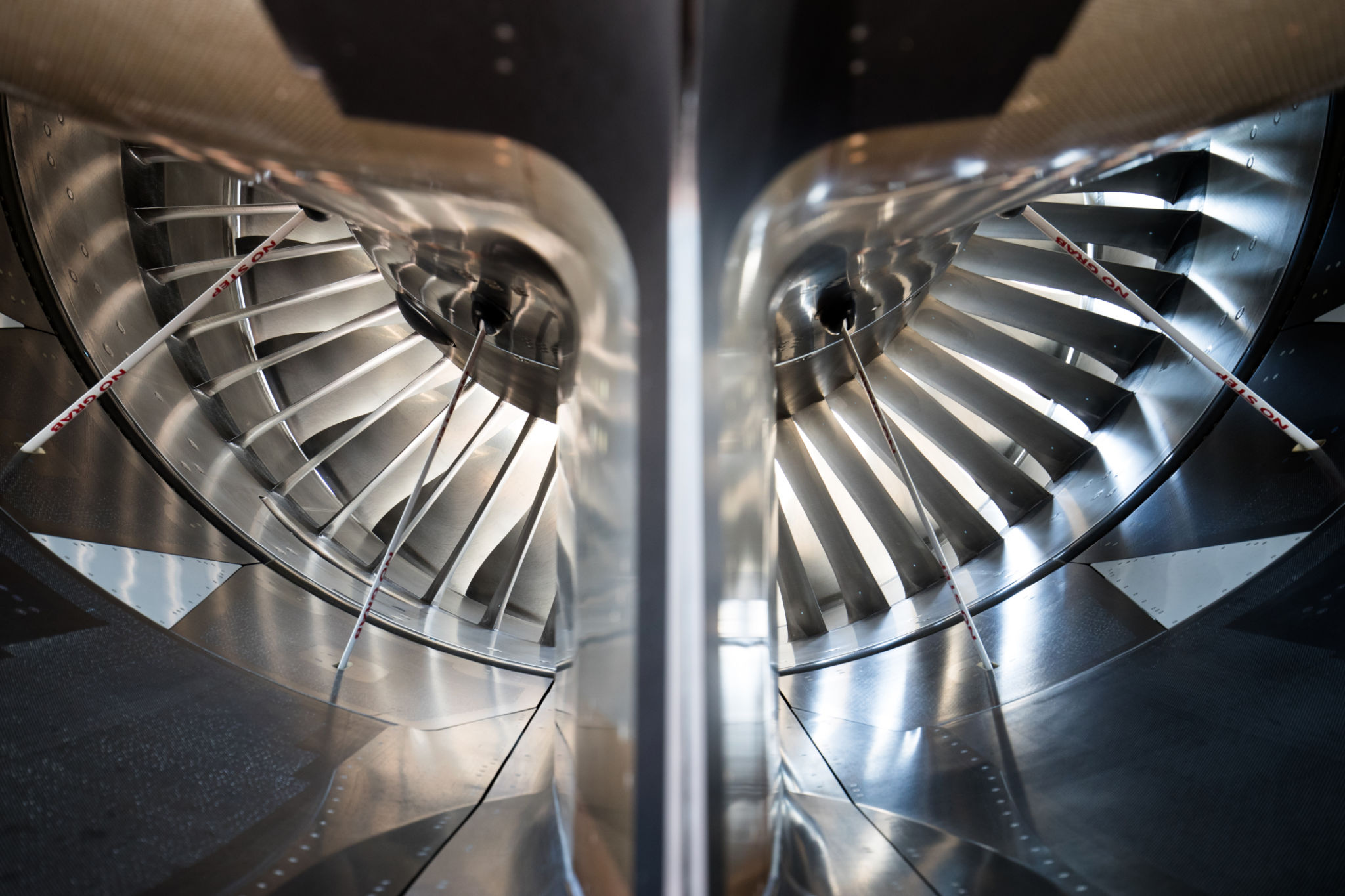Eco-Friendly Die Casting: Is Magnesium the Most Sustainable Metal?
Core Keywords: eco-friendly die casting, magnesium die casting, sustainable metal
As global industries shift toward cleaner and more responsible manufacturing practices, companies are turning to eco-friendly die casting as a key lever for reducing carbon emissions and material waste. In this transition, magnesium is gaining momentum as one of the most promising materials. But how does it compare to other metals—and is magnesium die casting truly the most sustainable solution for industrial-scale production?
Magnesium: The Lightest Structural Metal with Green Potential

Recognized as the lightest commercially viable structural metal, magnesium enables exceptional lightweighting advantages over aluminum and steel. This inherent advantage makes it a go-to choice for lightweight sustainable materials used in transportation, electronics, and aerospace applications.
Beyond its physical characteristics, magnesium offers multiple environmental benefits:
1. Low melting point (~650°C) – Reduces energy use in eco-friendly die casting compared to aluminum (~660°C) and zinc (~420°C).
2. Sustainable sourcing – Magnesium is widely available in the Earth’s crust and oceans, making it one of the most accessible structural metals.
3. Excellent recyclability – Magnesium alloy die casting components can be recycled multiple times with minimal property loss, supporting circular manufacturing.
Environmental Benefits of Eco-Friendly Die Casting with Magnesium
1. Lower Carbon Emissions During Processing
Magnesium’s lower melting point directly translates into reduced energy demand and fewer emissions per part. Studies estimate that lifecycle CO₂ emissions for magnesium die casting parts can be 20–30% lower than their aluminum equivalents, especially when secondary (recycled) sources are used.
These benefits make magnesium a strong contender for eco-friendly die casting in the automotive and electronics sectors.
2. Lightweighting for Transportation Efficiency
Replacing steel or even aluminum with magnesium in vehicle components can yield weight reductions of up to 25%, significantly improving fuel economy and extending battery range in electric vehicles (EVs). Lightweight parts made through sustainable die casting contribute directly to long-term emissions reductions.
3. Material Efficiency and Faster Production
Magnesium’s superior castability enables near-net-shape components, thin walls, and complex geometries—all of which reduce machining waste and shorten production cycles. These qualities are essential for high-volume low-carbon die casting operations.
Limitations and Industry Challenges
Despite its advantages, magnesium poses several challenges:
-Corrosion sensitivity – Magnesium is more reactive than aluminum, requiring surface treatments or coatings for long-term durability.
-Combustibility in powder form – During machining, magnesium particles can ignite if not handled properly, necessitating strict safety protocols.
-Cost and sourcing issues – Depending on region and geopolitical factors, magnesium may be more expensive or less accessible than aluminum or zinc.
In addition, innovations in surface coating (e.g., plasma electrolytic oxidation), new alloy formulations (e.g., AM60, AZ91), and closed-loop recycling systems are addressing these challenges across industries.
Is Magnesium the Most Sustainable Metal for Die Casting?
For applications where lightweighting, recyclability, and low-energy processing are top priorities, magnesium offers a compelling case as the most sustainable die casting metal. It aligns well with corporate ESG goals and net-zero manufacturing targets.
That said, optimal results depend on context. In some cases, hybrid material strategies—combining magnesium with aluminum or high-strength plastics—may offer the best balance between performance and sustainability.
Conclusion: Magnesium's Role in Eco-Friendly Die Casting
Eco-friendly die casting is not just a buzzword—it's a manufacturing priority. Magnesium stands out as a key material enabling greener production, especially in sectors like EVs, aerospace, and consumer electronics. As technology advances and supply chains evolve, magnesium die casting will play an essential role in building lighter, cleaner, and more sustainable products.
♻️ Partner with SHD Precision for Eco-Friendly Die Casting Solutions
At SHD Precision Diecasting, we specialize in eco-friendly die casting processes using magnesium alloy and other sustainable metals. From mold design to post-processing and surface treatment, we help you bring your next product to market with a lower environmental footprint.
📩 Reach out to discover how magnesium-based casting can reduce both weight and emissions in your next project.
